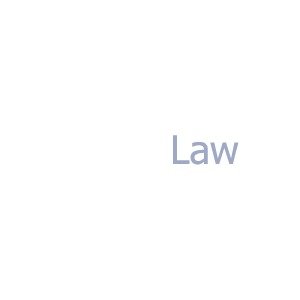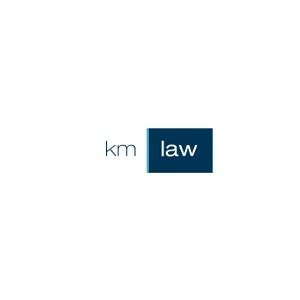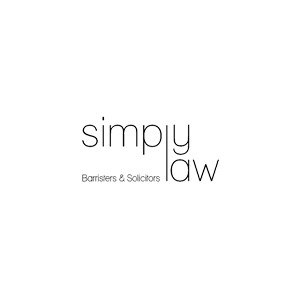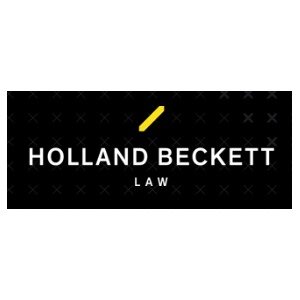Best Commercial Real Estate Lawyers in Tauranga
Share your needs with us, get contacted by law firms.
Free. Takes 2 min.
Free Guide to Hiring a Real Estate Lawyer
List of the best lawyers in Tauranga, New Zealand
About Commercial Real Estate Law in Tauranga, New Zealand
Commercial real estate law in Tauranga, New Zealand encompasses a broad range of activities related to businesses and properties. This includes buying, selling, leasing of commercial properties such as office buildings, retail spaces, multi-dwelling units, and industrial properties. The law also regulates land use, zoning issues, property developments, and real estate financing.
Why You May Need a Lawyer
In commercial real estate, multiple legal issues can arise, such as disputes regarding property ownership, negotiating commercial leases, ensuring legal compliance in real estate transactions, and resolving zoning and land use issues. A lawyer with a background in commercial real estate law can help navigate these complexities, provide necessary guidance, and protect your rights and interests. Lawyers can also assist with drafting and reviewing legal documents, conducting due diligence, and mitigating risks.
Local Laws Overview
Local laws that pertain to Commercial Real Estate in Tauranga, New Zealand include the Resource Management Act (RMA), governing the use of land and environmental considerations; the Unit Titles Act, specifying rules for properties with shared ownership; the Building Act, setting down standards for building works; and various local council bylaws relating to property. Additional regulations may apply to specific properties or types of transactions.
Frequently Asked Questions
How can a lawyer assist with a commercial lease?
A lawyer can help negotiate the terms of the lease, verify its legal compliance, and protect your rights as a tenant or landlord. They can also assist with lease disputes and any potential breaches.
What is due diligence in commercial real estate?
Due diligence is a thorough investigation of a property before its acquisition. It involves checking the property’s legal status, physical condition, tenant information, financials, and zoning regulations among other aspects. This helps identify any potential risks or liabilities.
What is zoning in commercial real estate?
Zoning refers to local council regulations controlling land and building use in specific geographic areas. This includes restrictions on the type of business that can operate on a property, building heights, and parking requirements.
Can a lawyer help with property disputes?
Yes, lawyers can assist in resolving several types of disputes related to property boundaries, lease agreements, property damages, and more. They can represent you in court or help negotiate settlements outside of court.
What is the role of the commercial real estate lawyer in property sale/purchase?
Lawyers play a crucial role in real estate transactions. They can draft and review sale or purchase agreements, ensure legal compliance, conduct due diligence, represent you in negotiations, and facilitate the seamless transfer of property title.
Additional Resources
The New Zealand Law Society and the New Zealand Property Law Section can provide valuable information and help connect you with established property lawyers. The Ministry of Business, Innovation and Employment also offers resources related to building and owning property in New Zealand.
Next Steps
If you need legal assistance in commercial real estate, you should consider consulting a lawyer. When choosing a lawyer, explore their experience in commercial real estate, review their track record, and understand their fee structure. Always prepare for your meetings by having all relevant documents and a clear understanding of what you want from the legal process.
Lawzana helps you find the best lawyers and law firms in Tauranga through a curated and pre-screened list of qualified legal professionals. Our platform offers rankings and detailed profiles of attorneys and law firms, allowing you to compare based on practice areas, including Commercial Real Estate, experience, and client feedback.
Each profile includes a description of the firm's areas of practice, client reviews, team members and partners, year of establishment, spoken languages, office locations, contact information, social media presence, and any published articles or resources. Most firms on our platform speak English and are experienced in both local and international legal matters.
Get a quote from top-rated law firms in Tauranga, New Zealand — quickly, securely, and without unnecessary hassle.
Disclaimer:
The information provided on this page is for general informational purposes only and does not constitute legal advice. While we strive to ensure the accuracy and relevance of the content, legal information may change over time, and interpretations of the law can vary. You should always consult with a qualified legal professional for advice specific to your situation.
We disclaim all liability for actions taken or not taken based on the content of this page. If you believe any information is incorrect or outdated, please contact us, and we will review and update it where appropriate.

















